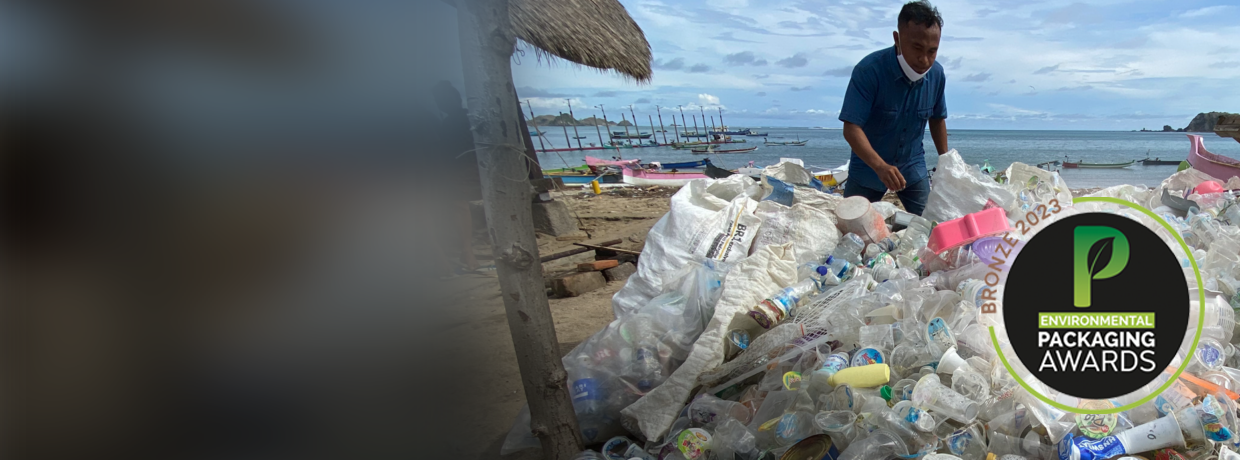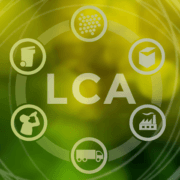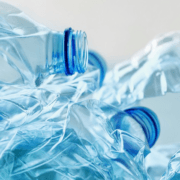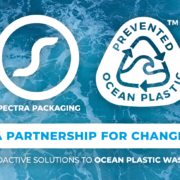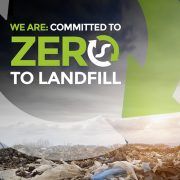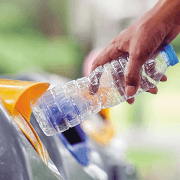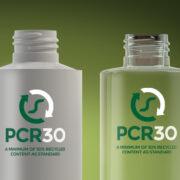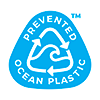
Prevented Ocean Plastic
Prevented Ocean Plastic (POP) is recycled plastic collected from coastal areas at risk from ocean plastic pollution. According to academic definitions, this ocean-bound plastic is at risk of ending up in the ocean if not collected for recycling.
The programme aligns plastic recycling standards across coastlines at risk from ocean plastic pollution. It offers an ongoing supply of high-quality recycled plastic at industry scale whilst supporting local communities at the forefront of ocean plastic waste in at-risk areas, including Southeast Asia, South America, the Galapagos Islands, the Mediterranean, and Central America & Caribbean.
Since its inception in 2019 the POP programme has prevented more than 2.5 million bottles entering the world’s oceans. This equates to a staggering 1,000 tonnes of waste plastic being collected every month, resulting in an average $100,000 per day being sent to support bottle collection and recycling infrastructure in developing communities.
However, the programme’s roots go back farther than that. Its founders have been working in these at risk regions from as early as 2005, recycling more than 10 billion bottles and sending over $250,000,000 to some of the world’s poorest communities.
The programme explicitly identifies areas that do not benefit from established recycling infrastructures and provides a global recycling initiative to help tens of thousands worldwide earn a reliable income, clean their coastlines, and prevent ocean plastic.
THERE IS A CLEAR DISTINCTION BETWEEN PREVENTED OCEAN PLASTIC (POP) AND OCEAN-RECOVERED PLASTIC
PROACTIVE PREVENTION
POP IS made from plastic collected from coastal areas at risk of ocean plastic pollution.
Ocean-bound plastics originate from proactive preventative measures that retrieve materials before they enter the water and impact the environment.
REACTIVE RECOVERY
POP is NOT made from plastic bottles recovered from the ocean.
Ocean-recovered plastics have already impacted the environment resulting in reactive clean-up efforts, not recycling efforts.
The phrase 'Ocean Plastic' is hugely misleading because there are many different terms that don't always mean the same thing. For clarity, ocean plastic falls into two clear definitions, which are:
OCEAN BOUND PLASTIC
The academic* definition of Ocean-Bound plastic is:
- It is found within 50km (30 miles) of an ocean coastline or major waterway that feeds into the ocean.
- The country or region lacks waste management infrastructure and collection incentives.
- The infrastructure is being overwhelmed by population growth or tourism.
- There is a significant risk to wildlife if plastic contaminates their ecosystem.
*Jambeck, J.R., Andrady, A., Geyer R., Narayan, R., Perryman, M., Siegler, T Wilcox. c., Lavender Law, K., (201s). Plastic waste inputs from land into the ocean, Science, 347, p. 768-m.
OCEAN-RECOVERED PLASTIC
Those plastics present a number of challenges for recycling because:
- Once plastic enters the ocean, it becomes degraded by sea salt and UV light
- Exposure can render the material brittle, fragmented and discoloured, making it largely unusable for recycling.
- Most plastic retrieved from the ocean will not make it to the recycling plant but is stored in warehouses or incinerated.
HOW DOES THE PROGRAMME WORK

COLLECTION
Local collectors (or First-Collectors as referred to in the programme) pick up discarded plastic bottles from areas at risk of ocean plastic pollution and take them to local collection centres, after which they receive payment for their labour.
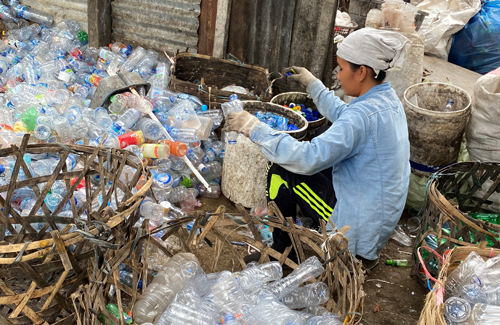
SORTATION
Upon arrival at the collection centre, the plastic bottles are carefully sorted, pressed into bales, and transported to plastic recycling factories. packaging products.
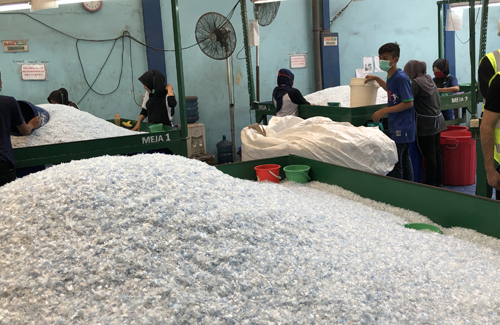
PROCESSING
At the recycling factory, the plastic bales are raw flakes. The flakes are then processed at another location into pellets ready for manufacturers such as Spectra to make into new packaging products.
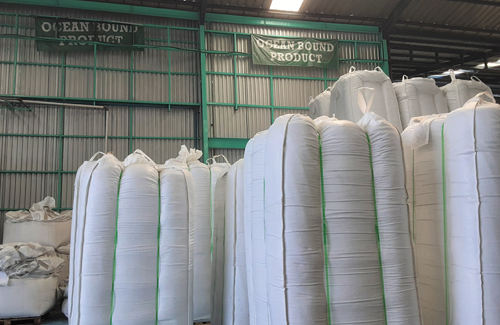
TRACEABILITY
The resulting materials have full end-to-end traceability of the entire collection and recycling process – from origin beaches to the final production-ready material (flake or pellet).
WHAT ARE THE BENEFITS OF PREVENTED OCEAN PLASTIC?

An advance measure that prevents harm to marine life and ecosystems.

Provides quality-grade robust recycled plastic supplies that support local communities.

Offers complete traceability - from beaches of origin to to the final production ready material.

Diverts over 1000 tonnes of plastic from entering the ocean every month.

In 2021, Bantam Materials, producers of POP, became the first recycled plastic supplier to join the Ethical Trading Initiative (ETI).
The ETI is a leading alliance of companies, trade unions and non-profit organisations that promotes respect for workers’ rights around the globe.
Ethical trade practices enable retailers, brands, and their suppliers to take responsibility for improving the working conditions of the people who make the products they sell.Most of these workers are employed globally by supplier companies, with many based in developing countries where laws designed to protect workers’ rights are inadequate or not enforced.
The ETI adopt a code of labour practice that they expect all their suppliers to work towards, addressing wages, work hours, health and safety, and workers’ right to join free trade unions. ETI states that members should not use child labour or that there should not be any new recruitment of child labour and advises businesses to ensure employers across the supply chain observe any requirements of the law concerning adolescent workers under 18.

Spectra has always championed using recycled materials and supports efforts to minimise plastics environmental impact.
As a responsible manufacturer, we feel obligated to make sound environmental choices on behalf of our customers instead of leaving the onus on them.
We believe using prevented ocean plastics can provide scalable solutions to reduce ocean plastic pollution whilst decreasing the need for new plastic, which generates more carbon emissions than recycled plastic. We also believe community collection programmes, such as these, can support and incentivise developing communities on the frontline of plastic waste to generate reliable incomes that will sustain socio-economic growth for future generations.



